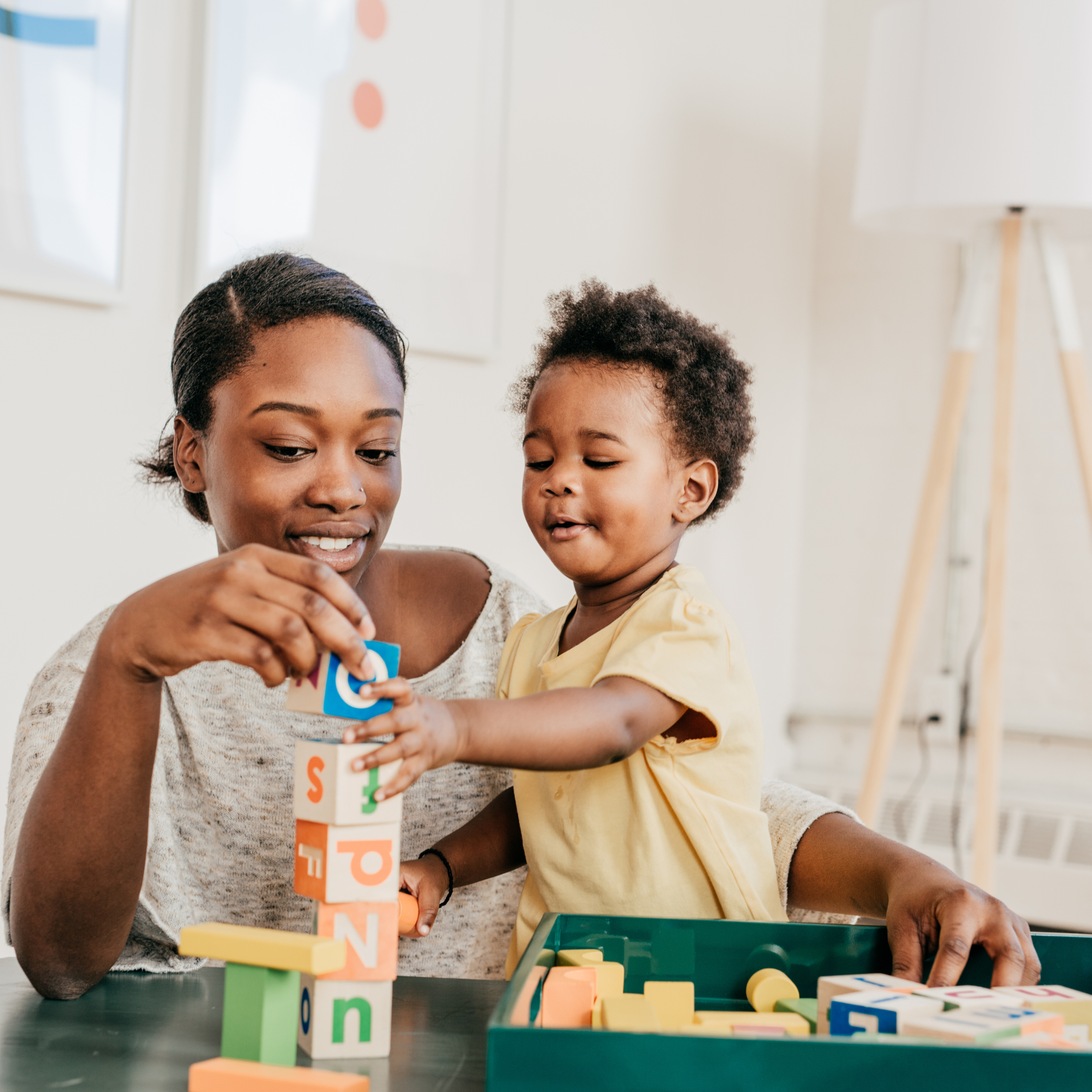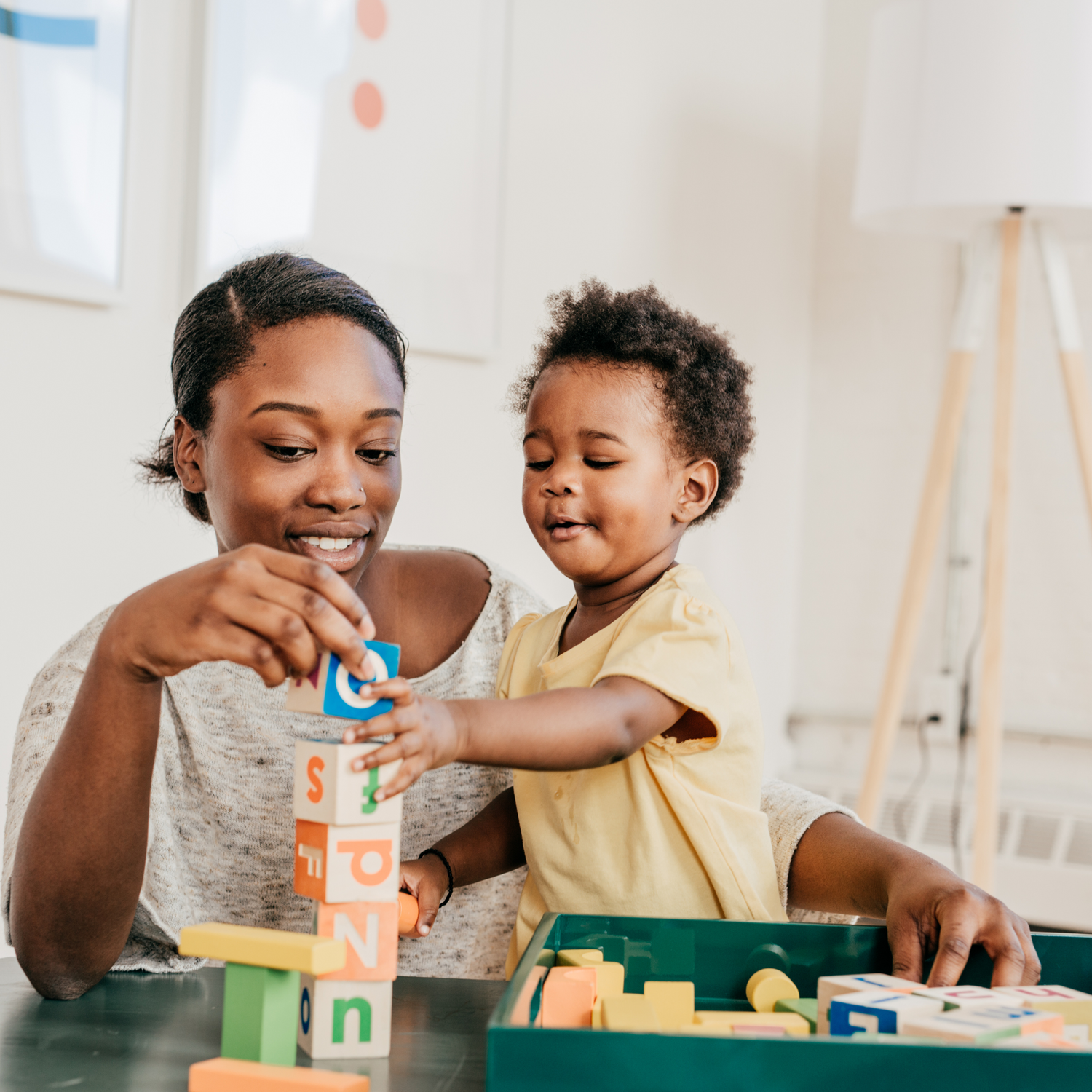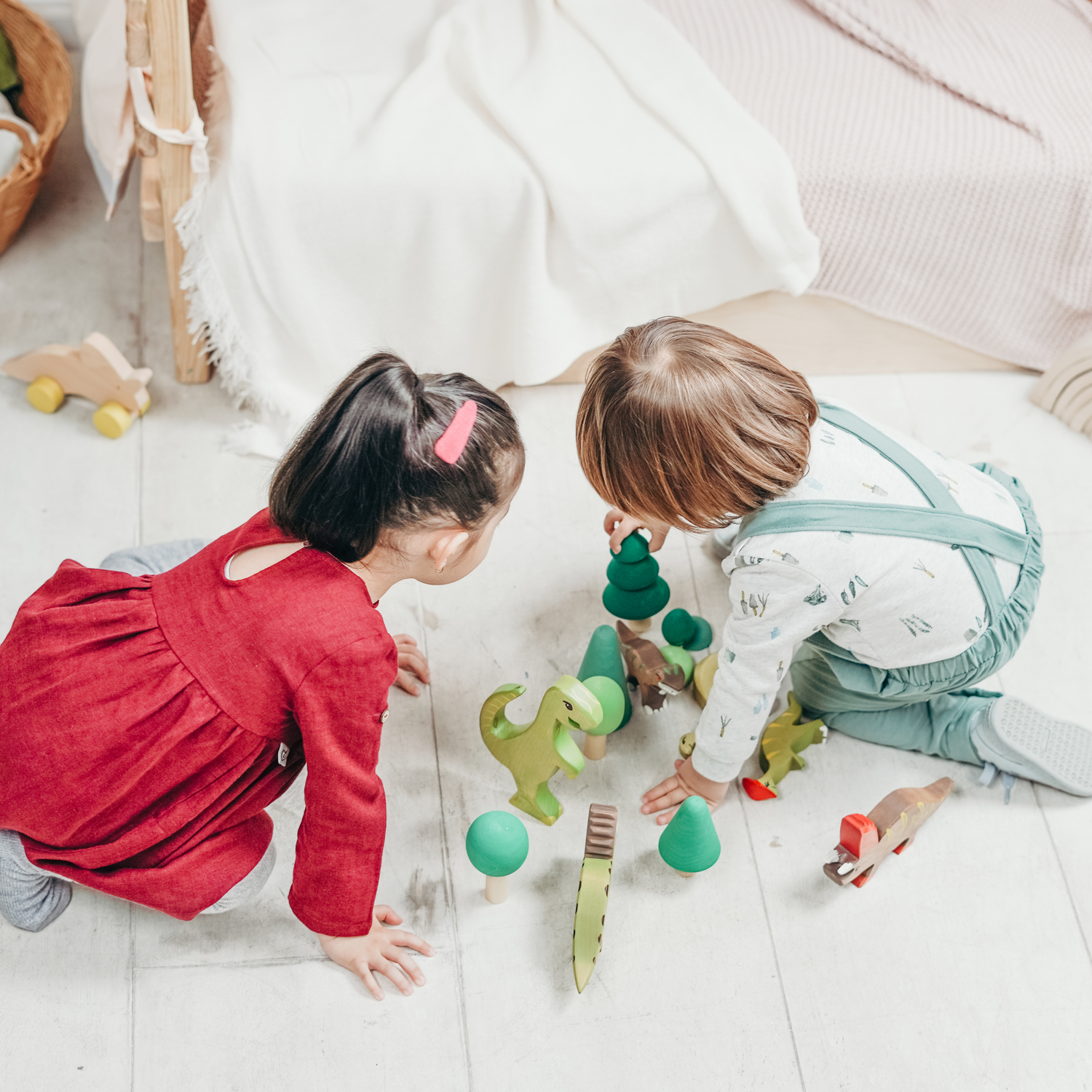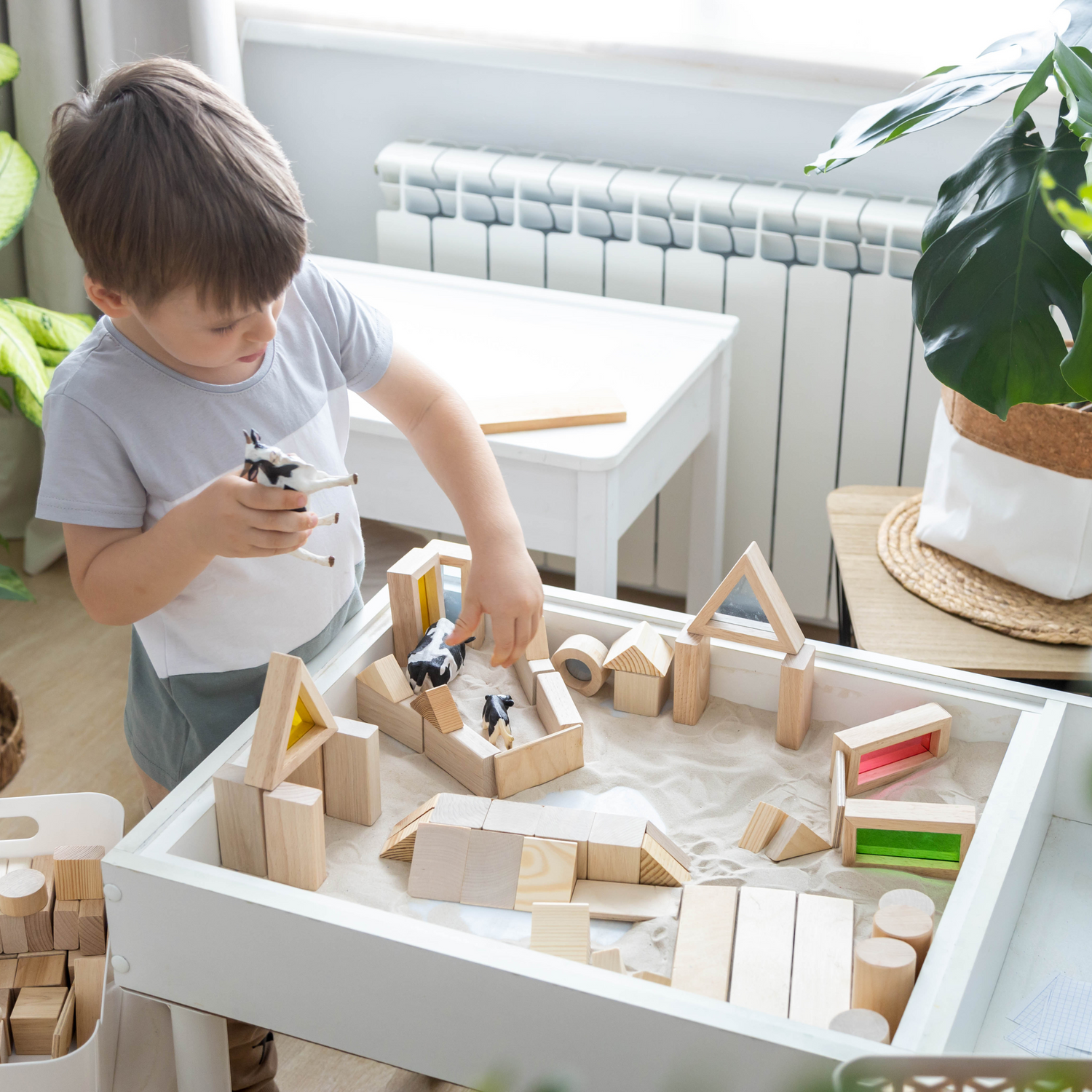Introduction: The Montessori Method has revolutionized the way we think about early childhood education. Developed by Dr. Maria Montessori in the early 20th century, this philosophy nurtures a child's natural desire to learn through hands-on, self-directed learning. But what makes the Montessori Method stand out in today’s diverse educational landscape? In this post, we explore the enduring principles of Montessori education and how it continues to influence children worldwide.
Understanding the Montessori Method: The core of the Montessori Method lies in its child-centric approach, which emphasizes respect, independence, and practical learning. Unlike traditional learning environments, Montessori classrooms are arranged according to subject area, and children are free to move between stations at their own pace. This structure supports the development of autonomy and self-discipline, critical factors in lifelong learning.
Key Components of Montessori Education:
- Self-Directed Learning: Montessori education empowers children to take control of their learning, choosing activities that interest them within a prepared environment that supports all aspects of their development.
- Mixed Age Classrooms: These classrooms encourage older children to teach younger ones, fostering a community of learning and empathy.
- Hands-On Learning: Montessori materials are specially designed to be tactile and manipulative to help children understand abstract concepts concretely.
- Trained Montessori Teachers: Educators in this field are trained to observe and facilitate rather than direct, allowing them to tailor education to each child's individual pace and interest.
Benefits of Montessori Education: Studies show that children who participate in Montessori programs often exhibit advanced social skills, creativity, and problem-solving abilities. They tend to be more adaptable, have better focus, and demonstrate greater responsibility in learning activities. By fostering an environment where children can explore knowledge independently, Montessori education lays a solid foundation for intellectual and emotional development.
Montessori Toys and Materials: Integral to the Montessori Method are the educational toys and materials designed to correspond with specific developmental stages. From sensory balls for toddlers to complex mathematical cubes for older children, each Montessori toy serves a purpose, enhancing learning through discovery and exploration.
Implementing Montessori Principles at Home: You don't need a Montessori classroom to incorporate its benefits into your child’s life. Here are a few tips for parents:
- Create an orderly environment: A tidy and structured space encourages children to learn and take responsibility.
- Choose age-appropriate Montessori toys: Opt for toys that challenge but do not frustrate your child, allowing them to explore and grow at their own pace.
- Encourage independence: Allow your child the freedom to choose their activities and the time they need to master skills.
Conclusion: The Montessori Method is more than just an educational philosophy; it's a way of nurturing resilient, responsible, and curious individuals. By integrating Montessori principles and toys into early childhood education, parents and educators can provide a framework that supports holistic development.
Call to Action: Visit our store www.thinkertoys.co to discover a wide range of Montessori toys and resources that can transform your child’s learning experience. Embrace the Montessori Method today and invest in your child’s future!





